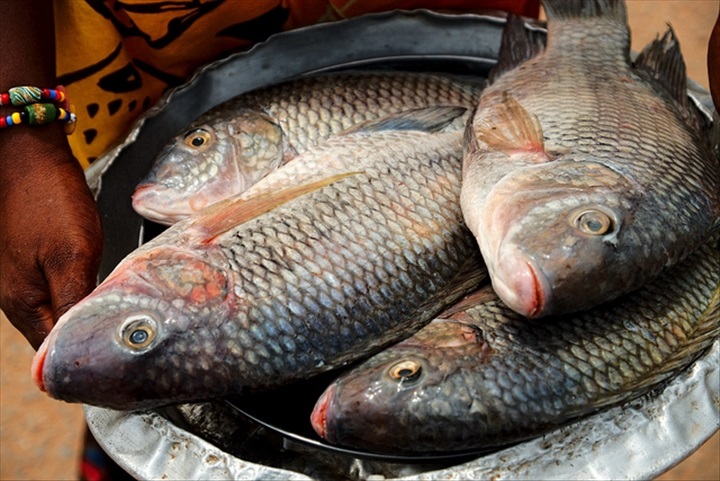The government of Benin and the African Development Bank (AfDB) officially launched on Wednesday May 15, 2024 in Cotonou, the Project to Promote Sustainable Aquaculture and the Competitiveness of Fisheries Value Chains in order to increase the share of the fishing and aquaculture sector in food security and local economies.
“It is a long wait of a large part of the fishing community in Benin for this project which has just been satisfied,” welcomed Gaston Cossi Doussouhoui, Minister of Agriculture, Livestock and Livestock. Sins.
“We have men and women who only live off fishing products and had no means of expressing their potential. And this sub-sector was considered the poor relation of our agricultural sector. We will reverse the trends by harnessing the political will that exists today,” he continued.
Since the independence of Benin, the fishing and aquaculture sub-sector has been underexploited despite its enormous potential to the point of becoming a factor limiting the growth of the agricultural sector, added Mr. Doussouhoui.
This subsector occupies approximately 15% of the active population and contributes 8% to the formation of the country’s agricultural gross domestic product (GDP). Fisheries production only covers 40% of national needs, which opens the way to large imports of fishing products to fill the deficit.
To correct all these inadequacies, the Beninese government decided, in 2016, to make this subsector one of the locomotives of the country’s economic growth. Several interventions by development partners and private initiatives have made it possible to partially respond to this crisis situation. The Project to Promote Sustainable Aquaculture and the Competitiveness of Fishing Value Chains is among these initiatives aimed at sustainably developing the production and productivity of the national aquaculture sector.
Costing approximately 24.6 billion CFA francs, this project aims to promote, over the next five years, competitive and climate-resilient fish farming, spearheading the establishment of floating cages and aquaculture villages. over large areas. Attractive commercial value chains will be built and supported to sell production, as well as support to improve the governance of continental and maritime fisheries.
The project will notably support operational aquaculture businesses (nursery centers, aquaculture farms, feed factories) to modernize their tools and increase production capacities. The project will make it possible to produce 65 million fry (40 million tilapia, 20 million claria and 5 million other species) and 30,000 tonnes of food annually.



